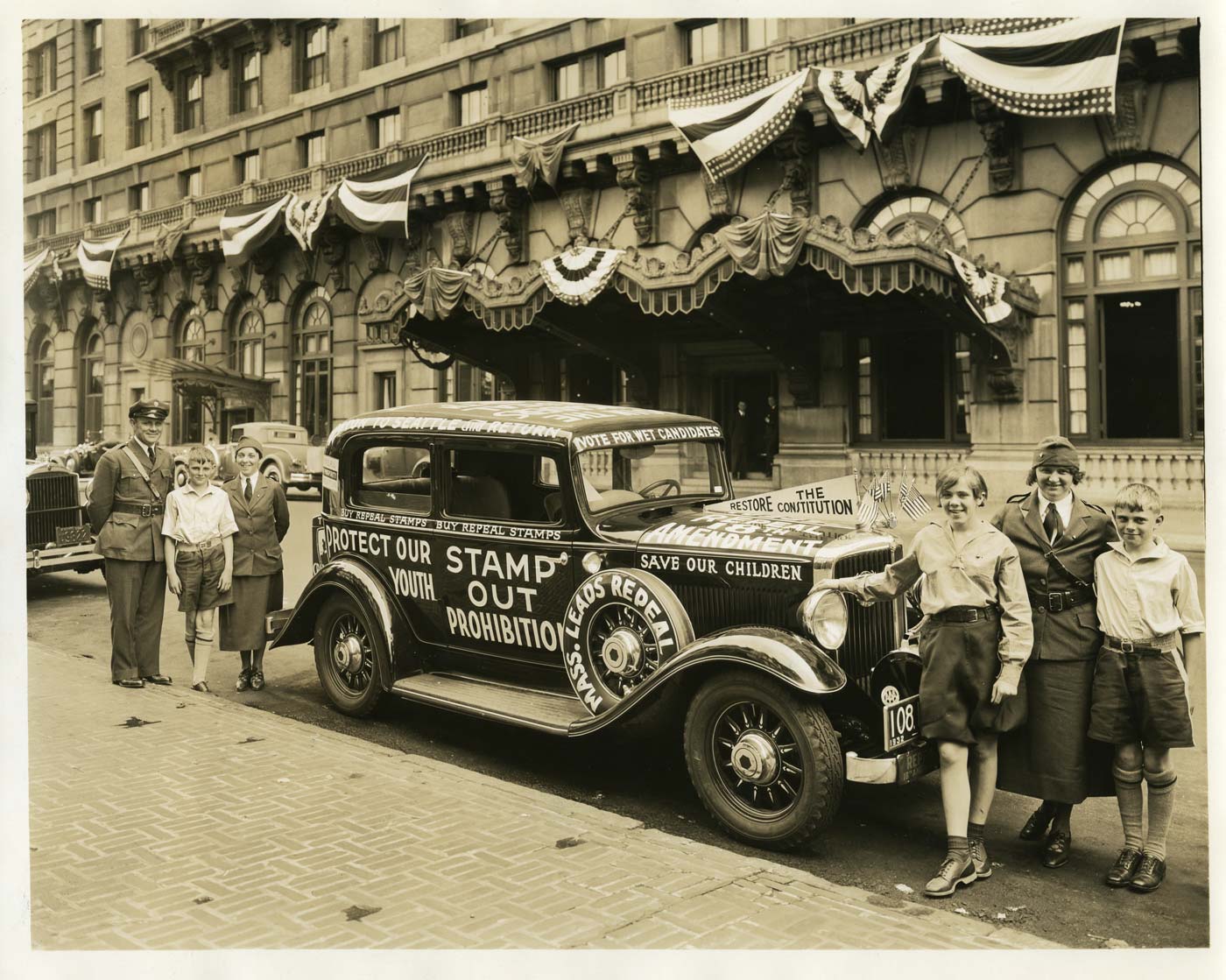28th January 2019
What is the relationship between alcohol and other drugs? I’ve been thinking about this a lot since leaving the alcohol field to take on the role of Chief Executive here at Transform. Having worked in alcohol research and policy for many years, I’ve always been conscious of the peculiar status of alcohol in society. It is a substance with which we are so familiar that, most of the time, we don’t think of it as a drug at all.
But, of course, alcohol is a powerful psychoactive: it affects decision-making and behaviour, it can lead to dependency, and it comes with very significant health risks if consumed heavily. In these and many other respects, alcohol fits with widely-held ideas about what constitutes a ‘drug’ - yet we often treat ‘drugs and alcohol’ as if they were only vaguely related entities (and, for that matter, as if illegal drugs had more in common with each other than they do with alcohol, which is clearly not the case).
To some people in the drug policy world, this is glaringly obvious; in the alcohol field it is far less familiar. In my previously role, I was well aware of Transform’s efforts to persuade my colleagues to use the phrase ‘alcohol and other drugs’, not ‘drugs and alcohol’. It’s a simple change of language, with fundamental implications for how we think about substance use more widely. And yet it remains rarely used.
The other striking feature of alcohol policy debates is that they broadly accept that legal regulation, not prohibition, is the norm. Alcohol prohibition was, 100 years ago, a serious proposition - even in the UK. Many people seriously believed that prohibition, strictly enforced, would usher in an alcohol-free future. That is no longer the case. And yet this view is still expressed, at some of the highest levels, for other substances.

None of which is to say alcohol policy is perfect. Far from it. Regulation remains far too lax, especially in the developing world where new alcohol markets are being enthusiastically expanded by powerful corporates. Public health routinely plays second fiddle to commercial interests (just look at the UK Government’s failure to close simple loopholes around alcohol labelling), and treatment funding is scandalously low. Legal regulation is not a silver bullet, and it can take many forms. However, the alternative – criminalising production, supply and use of drugs – has been catastrophic, especially for the most vulnerable and marginalised communities both in the UK and internationally.
Getting the details of legal regulation right is critical. Transform have a long history of thinking through exactly what that means in practical terms. The history of alcohol policy shows us just how complex this can be, and we can’t be complacent about the consequences or the practical realities. We should continue to learn from the successes, but also the failures, of alcohol policy. In getting this right, though, we need to be much more open and honest about the relationship between alcohol and other substances, and what the experience of ‘our favourite drug’ can teach us.
James Nicholls, Chief Executive Officer




